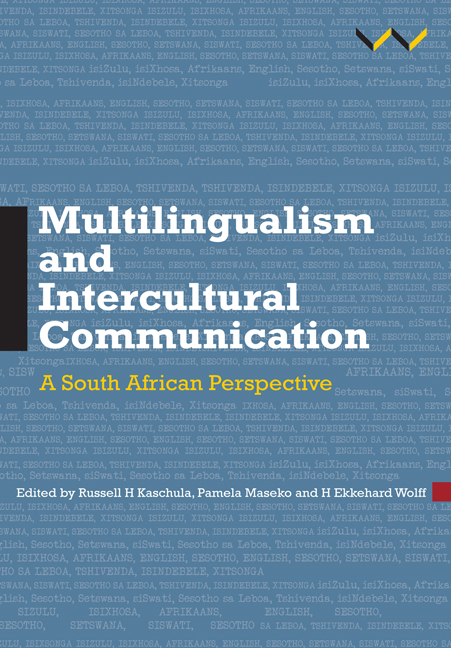Book contents
- Frontmatter
- Contents
- Tables and figures
- Preface
- Abbreviations and acronyms
- Central terms and concepts
- Introduction
- Prologue: The essentialist paradox in intellectual discourse on African languages
- Part One African language empowerment: concept formation and intellectualisation
- 1 Researching the intellectualisation of African languages, multilingualism and education
- 2 Language empowerment and intellectualisation through multilingual higher education in South Africa
- Part Two Language planning, terminology development and dictionaries
- Part Three Language in education
- Part Four Language in the professions: law, media, science and language technology
- Part Five Language, culture and intercultural communication
- Acknowledgements
- Contributors
- Index
2 - Language empowerment and intellectualisation through multilingual higher education in South Africa
from Part One - African language empowerment: concept formation and intellectualisation
Published online by Cambridge University Press: 23 March 2018
- Frontmatter
- Contents
- Tables and figures
- Preface
- Abbreviations and acronyms
- Central terms and concepts
- Introduction
- Prologue: The essentialist paradox in intellectual discourse on African languages
- Part One African language empowerment: concept formation and intellectualisation
- 1 Researching the intellectualisation of African languages, multilingualism and education
- 2 Language empowerment and intellectualisation through multilingual higher education in South Africa
- Part Two Language planning, terminology development and dictionaries
- Part Three Language in education
- Part Four Language in the professions: law, media, science and language technology
- Part Five Language, culture and intercultural communication
- Acknowledgements
- Contributors
- Index
Summary
The context
South African society is characterised by particular challenges relating to practically all types of multilingualism: territorial, institutional, societal and individual. In facing these challenges, South Africa is similar to other African postcolonies where, as a result of their political histories, a de jure language policy hegemonically imposes an official language which is foreign to the majority of the population. This makes the linguistic situation in the postcolonies quite distinct from that in the former colonial motherlands, such as the UK and other European countries, where the official language is the mother tongue (MT) of the vast majority of the population (albeit as the result of historical processes of equally hegemonic imposition, even if only to impose a ‘standard’ variety on a multitude of dialects). This European policy model of hegemonic monolingualism has been uncritically adopted by many post-independent African countries despite the completely different sociocultural and sociolinguistic ecology in which language policies in Africa must function, including in the higher education (HE) terrain. Following the overthrow of apartheid and guided by the country's new Constitution, South Africa has broken with the European colonialist tradition and has opted for a remarkable, multilingual official language policy which is unique in allowing for 11 official languages: nine indigenous African languages (of ‘Bantu’ linguistic stock) plus the two former hegemonic languages of European provenance, English and Afrikaans.
Multilingualism in South African society in general, and in HE in particular, is understood to be the accepted parallel use of several languages either by individual speakers with different language backgrounds and linguistic biographies, or by whole communities of speakers who have settled for patterns of communicative behaviour which are characterised by using more than one language functionally in different domains and for different purposes. Parallel use of more than one language may take different forms and instantiations, involving respective mono-, bi- and trilingual discourse patterns, including practices like code-meshing or code-switching and nonce-borrowings, now referred to as ‘translanguaging’. Such multilingual communication practices, albeit common in day-to-day verbal interaction among multilingual individuals, were regarded with disapproval and were excluded from the domains of formal education. Often in the colonial and even postcolonial African school reality, children were explicitly forbidden to use their mother tongues or home languages (L1) on school premises and were punished when caught doing so.
- Type
- Chapter
- Information
- Multilingualism and Intercultural CommunicationA South African perspective, pp. 34 - 60Publisher: Wits University PressPrint publication year: 2017



